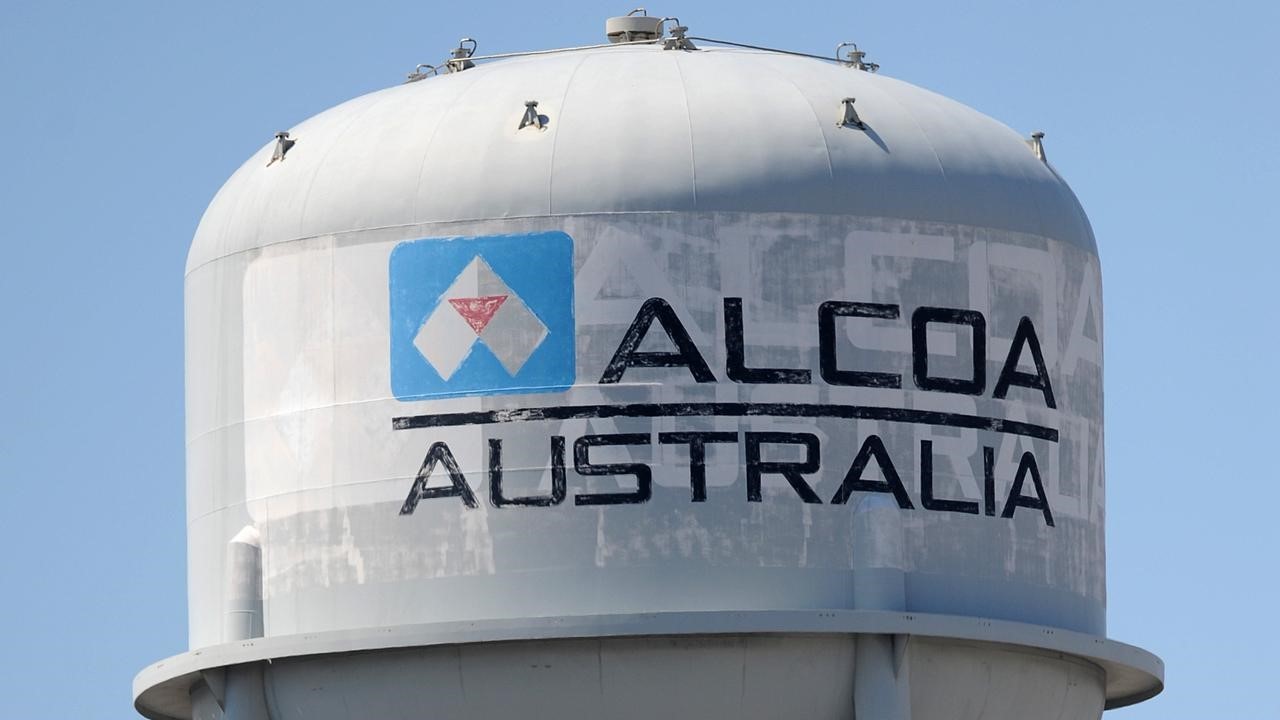

After a feasibility study approved its potential outcomes, USA-based aluminium giant Alcoa is about to set up a steam recycling technology or MVR module focused on reducing emissions.

As early as 2021, Australian Renewable Energy Agency (ARENA) allotted $11.3 million to run a feasibility study scrutinising the technical and commercial possibility of incorporating Mechanical Vapour Recompression (MVR) powered by renewable energy in Australian alumina refining processes.
As the study has yielded positive results, Alcoa is on its way to purifying the next stage of its refinery for the future project by mounting a 4 MW MVR module at the Wagerup alumina refinery located in Western Australia.
Alumina is extracted from bauxite which is then thrown into a series of technological processes to produce aluminium. Alumina refining is an enormous business in Australia, along with being the most energy-intensive industry in the entire region. The US$7.5 billion industry alone can account for 3% of Australia’s total emissions.
An Australian Government organisation founded in 2012, ARENA, allied with Australian alumina producers, is actively working to carve out procedures to decarbonise the mining industry. ARENA wishes to aid the Australian energy-intensive industries to make a successful transition to Net Zero options for a better carbon-free atmosphere while keeping the production pace intact.
It has been proven by an effective study that MVR can handle the most crucial and energy-intensive stages of refining.
Almost 70 per cent of the emission related to the alumina refinery can be attributed to the use of the Bayer Process, which uses steam to dilute bauxite in caustic soda mixtures. The process followed by the aluminium industry on the whole account for all the above-mentioned pain points.
Mechanical Vapour Recompression utilises electricity to release extreme pressure on the waste steam, thus recycling the water and thermal energy both at once. Currently, all the alumina refineries let out the waste heat from the process polluting the atmosphere with toxic gases while using a lot of excess water and energy.
Since recycling steam coming out from the process saves a lot of water and energy, MVR is, at this moment, one of the most cost-effective processes that can be used in a refinery.
Alcoa has also claimed that this transition to MVR will only take a toll on the company’s capital expenditure; otherwise, it is a comparatively cheaper option than the usual evaporation process.
This marks the introduction of the MVR alumina refining process in Alcoa’s Australian unit and ensures the future of a better-equipped aluminium industry in the region.
The only drawback that Alcoa might face is the dependency on an enormous amount of renewable energy for running the MVR technologies properly. It has been calculated that almost 1.2 GW of confirmed renewables is a must for the successful implementation of MVR.
This is where Alcoa’s MVR specifications will come into play. The Wagerup pilot plant would act as an example for the heavy metal industry, wherein advancements from the plant would be tracked to measure the total change in impact.
Darren Shanahan, Alcoa’s Refinery of the Future Director, seemed pretty excited about the success of the primary feasibility study proving the MVR technique to be commercially and methodically possible.
“With the current alumina and aluminium industries being major fossil fuel energy users and greenhouse gas emitters, decarbonisation is a critical focus area for operators, governments and broader society,” he remarked.
“Driven by renewably generated electricity, MVR could make a crucial contribution to the decarbonisation of the alumina industry here in Australia and across the globe and materially reduce water consumption in alumina refinery processes,” he concluded.
The latest constructions at the Wagerup Plant will be activated by mid-2023, with the MVR system to be fully optimised by 2024.
Responses








